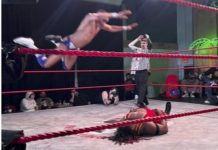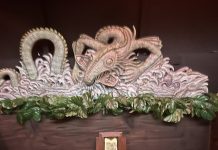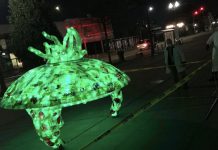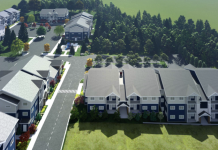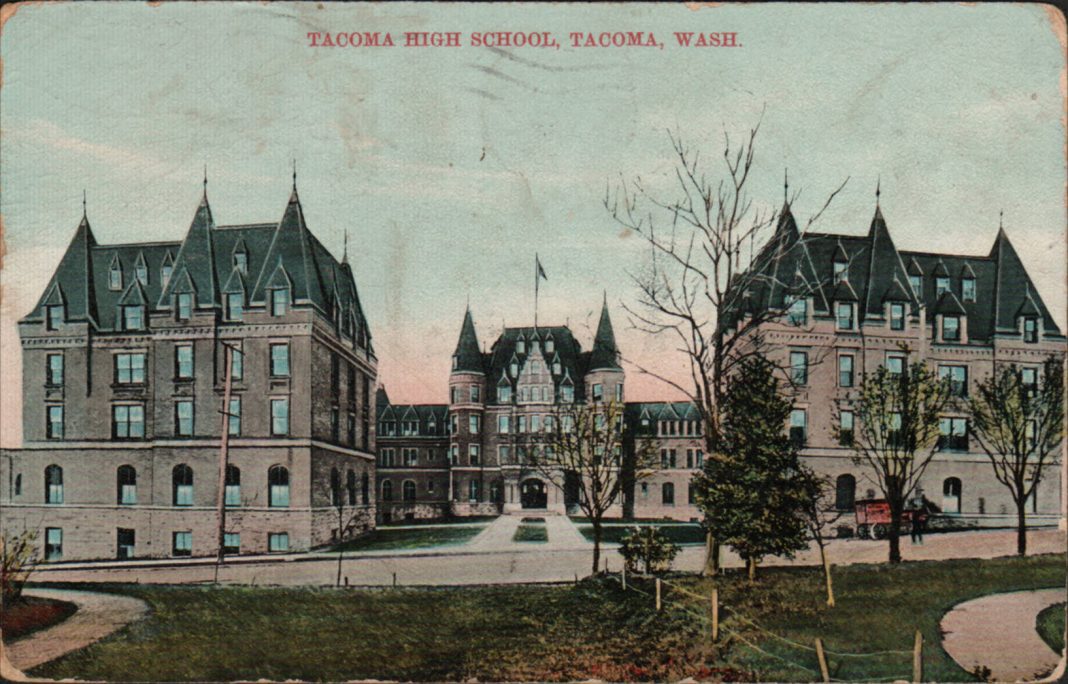Tacoma lacks many “legacy families” that East Coast cities often claim. Sure, there are second and third-generation Tacomans around, but the City of Destiny’s role as a railroad, timber, military and port city routinely means families flow in and out of town without establishing deep, generational roots.
One family bucks that trend. Not only does it maintain five generations of Tacoma residency, but five generations of the same high school. They all attended Stadium High School, claiming the honor of having a branch of its family tree among the first of its graduating class and the most recent.
“I just think this is kind of unique,” 1964 Stadium graduate Brian Hoff said, the third generation in his family to be a Tiger. “I haven’t found anyone else in the same situation.”
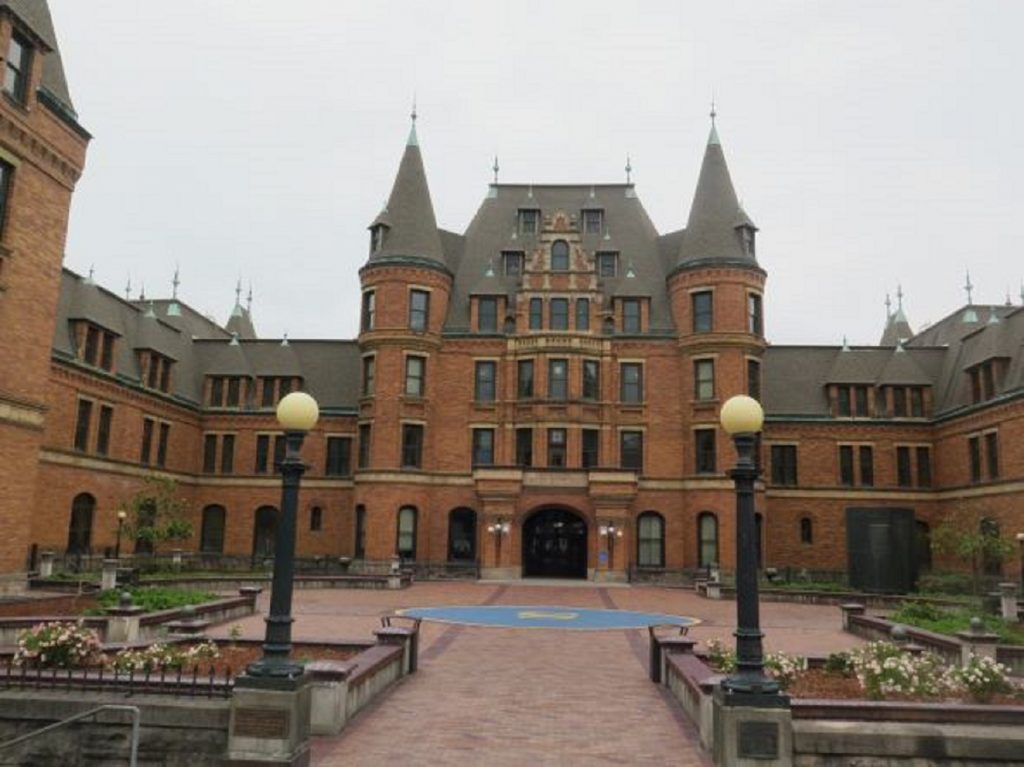
This is their story.
Bessie King, Hoff’s maternal grandmother, came to Tacoma with her family at the dawn of the 20th Century and attended what was then known as Tacoma High School. The school sprung from the rubble of what would have been the grandest hotel on the West Coast had the Panic of 1893 not halted construction and delayed reuse of the French chateau-style “castle” until Tacoma converted it into a school in 1906.
Take a genealogical stroll for a moment.
King graduated in 1913, the same year the school’s name was changed to Stadium High School, after its notable waterfront bowl arena. She then married James Hartley. Their daughter Betty graduated from Lincoln High School in 1938 and married 1939 Stadium graduate Gerald Hoff. Their son, Brian, then graduated from Stadium in 1964. Brian’s daughter, Kelley (Hoff) Flamoe, graduated in 1989. Her son, Seth Flamoe, followed the family line in 2022. Toss in less-direct relatives such as aunts and uncles, and the Hoff-Stadium ties include graduates in 1940, 1941, 1945, 1949, 1961, 1965, 1966, 1992 and 1993. It was just happenstance rather than a planned family legacy to one high school for most of that time.
“It was never really talked about,” Hoff said.
Then his daughter attended and settled in Tacoma, so it became understood that her children would be tigers.
“I always knew I was going back,” Flamoe said, noting that he attended middle school in University Place when his mother was a teacher there.
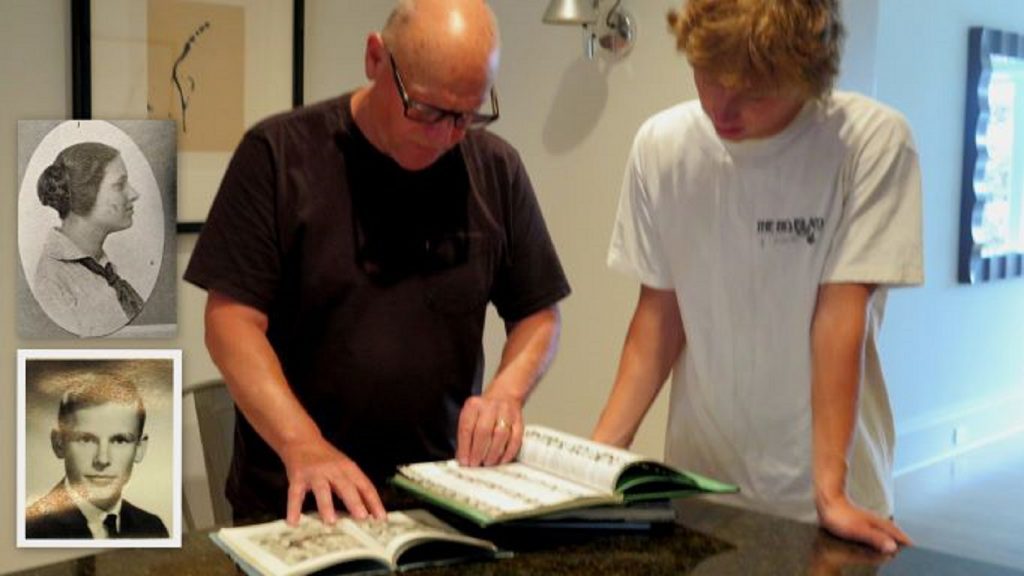
The school had changed over the years, but it had remained unchanged in most respects.
Hoff, for example, attended Stadium at a time when E Street ran right in front of the school, the parking lot was a dirt field, as was Stadium Bowl, a student smoking section marked the back door, and the dress code required female students wore dresses, and there were no female sports activities. The landmark Title IX of the Civil Rights Act that outlawed gender discrimination in sports was still a decade away. Stadium was one of the most ethnically diverse in the district, pulling from loosely defined Greek, Japanese, Italian and African American neighborhoods near downtown Tacoma versus the predominantly white suburban areas elsewhere in the city.
“Diversity was one of the things I loved about it,” Hoff said. “It was interesting.”
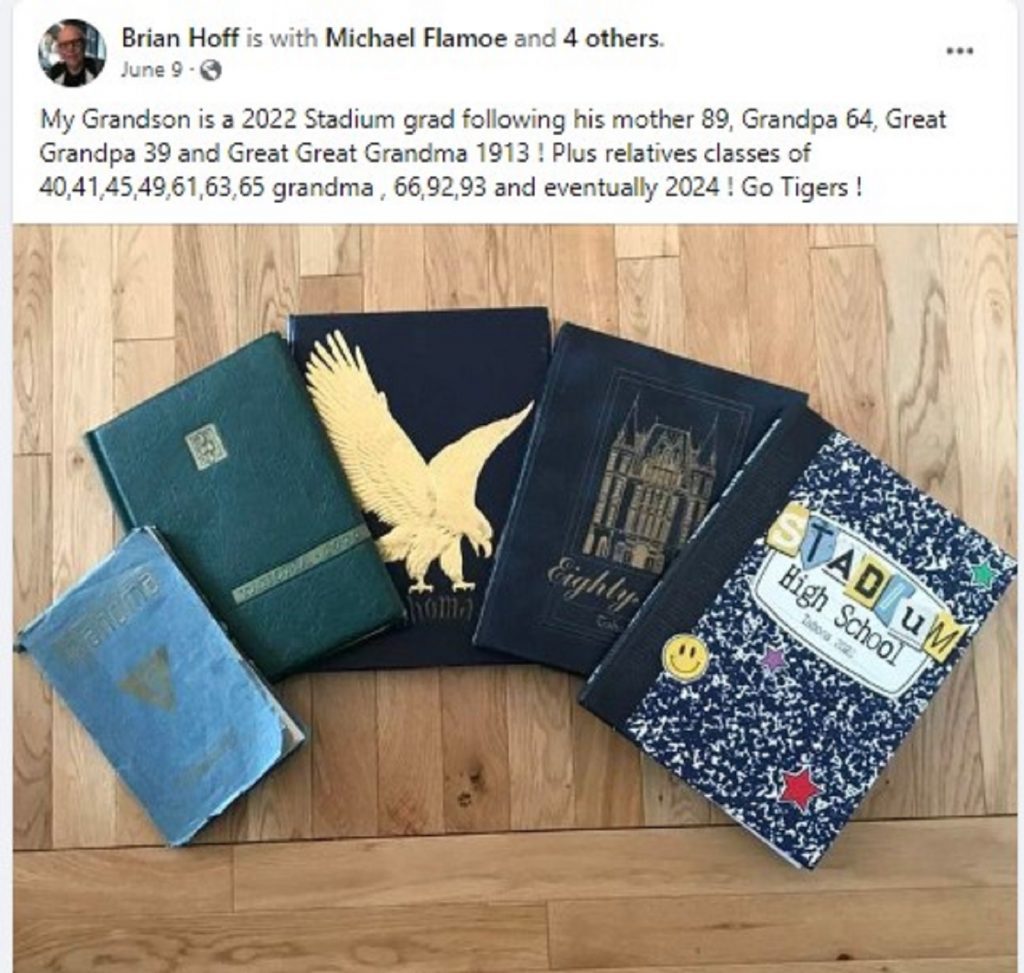
Teenage activities back then always centered on school, with dances, baseball, basketball or football teams filling Friday night calendars for high schoolers.
“Our entire social life revolved around the school. You went to the game. That was your social life,” Hoff said. “Now attendance is way down. I’m not saying it was better then. It’s just different than now.”
Modern Stadium students now focus less on attending all school activities and concentrate on just a handful of hobbies or sports.
“There are just a lot more to choose from,” Flamoe chimed.
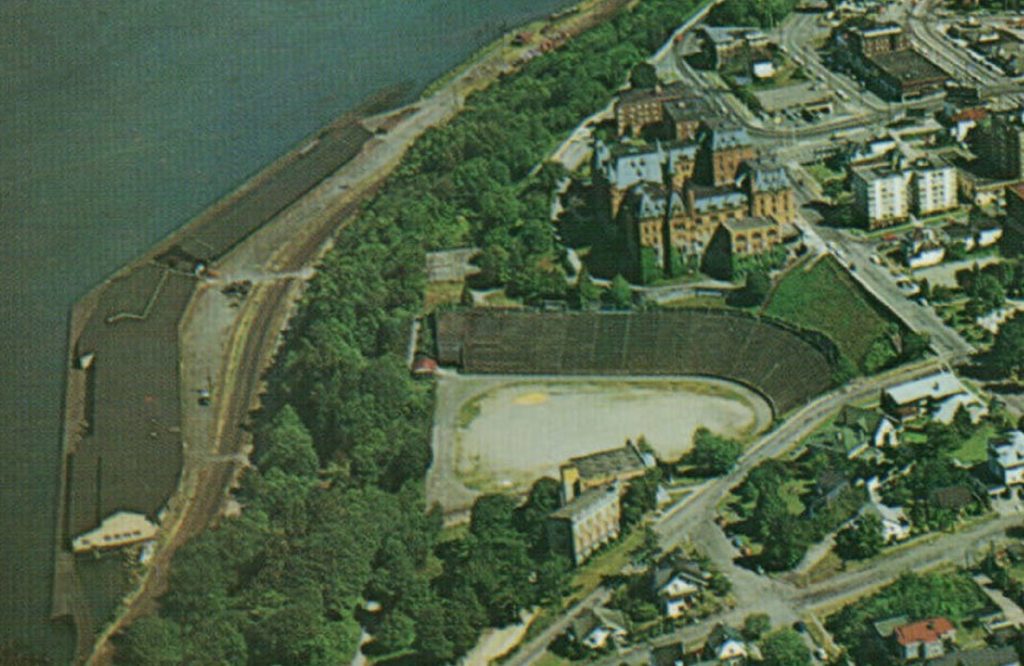
Flamoe just graduated from the same school his great, great grandmother did during a time students wore COVID masks and socially distanced in what has since become a nationally known school, thanks to its “castle” design that was used as a backdrop for movies like “10 Things I Hate About You” and consistently listed among the coolest high schools in the nation.
Between the time of Flamoe’s era and that of his grandfather’s time at Stadium, E Street closed to move the pool and gym to a separate facility. The cafeteria during Hoff’s time has also since been converted into a library.
What has remained the same, outside of the unique architecture, is the fact that students through the ages appreciated the school’s design — primarily after graduating from it, rather than when they walked its halls every day. “When you are going to school there, you are just going to school,” Hoff said.
Flamoe now attends Tacoma Community College with eyes on a career in longshoring or firefighting, both of which could keep him in Tacoma and continue any future family ties to Stadium alive for another generation.
“It would be cool, but we’ll see,” he said. “I’ll probably still be here.”
A fallback option lies in the fact that his younger brother, Walter, is a junior at Stadium.













